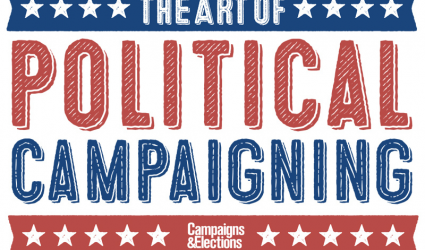New Zealand clamps down on foreign political donations

Australia bans foreign donations over A$1,000 (US$679), while Canada bars those over C$20 (US$15) and Britain blocks those over £500 (US$646).
(SCMP) – New Zealand’s parliament has rushed through legislation dramatically lowering the upper limit for foreign political donations due to concerns of interference from powers such as China and Russia.
The law, passed on Tuesday ahead of the 2020 general election season, bans foreign donations of more than NZ$50 (US$32), down from the previous maximum contribution of NZ$1,500.
The conditions will apply to people living outside New Zealand who were not eligible to vote or are not New Zealand citizens, as well as unincorporated companies with a head office overseas.
“We need to protect the integrity of our elections. These changes will reduce the risk of foreign money influencing our election outcomes,” Justice Minister Andrew Little said.
Little said further action could be taken to counter foreign influence based on recommendations from a parliamentary committee looking into the issue.
Calls for transparency about political donations, especially from overseas, have grown since the former ruling National party was accused of breaching electoral rules on contributions.
New Zealand’s Serious Fraud Office began investigating the party in March 2018 after one of its former members, Jami-Lee Ross, accused his party of taking a NZ$100,000 donation from Zhang Yikun, a Chinese businessman who moved to New Zealand in 2000. Ross claimed National party leader Simon Bridges asked him to split the donation into smaller amounts so it did not have to be declared.
On Tuesday, Ross said the new legislation contained loopholes, including a gap that allowed donations to be made through New Zealand-registered companies that are foreign-owned or controlled.
“Any foreigner can be involved in a registered New Zealand company and utilise that as a back door to influencing our political parties,” he said.
Nicholas Khoo, associate professor of international relations at the University of Otago in New Zealand, said the law was long overdue and especially urgent given the country’s short, three-year election cycle.
Khoo said that as a small country, New Zealand faced an increasingly complex challenge to manage its relationship with big states such as China.
“China’s growing influence in the region is one consideration behind the legislation. It’s part of a larger development in international politics where foreign powers are more active. I’d include among these powers Russia, and even non-state actors,” Khoo said.
New Zealand’s allies in the “Five Eyes” intelligence-sharing community – Australia, Britain, Canada and the United States – have all expressed concern about foreign influence in politics.
Canberra also announced on Monday that it would set up a task force to counter foreign interference after Wang Liqiang, a Chinese man who claimed to be a spy, told Australian media that China’s Communist Party had meddled in the country’s affairs.
China’s foreign ministry denied Wang’s claims and said he was wanted for fraud in China.

